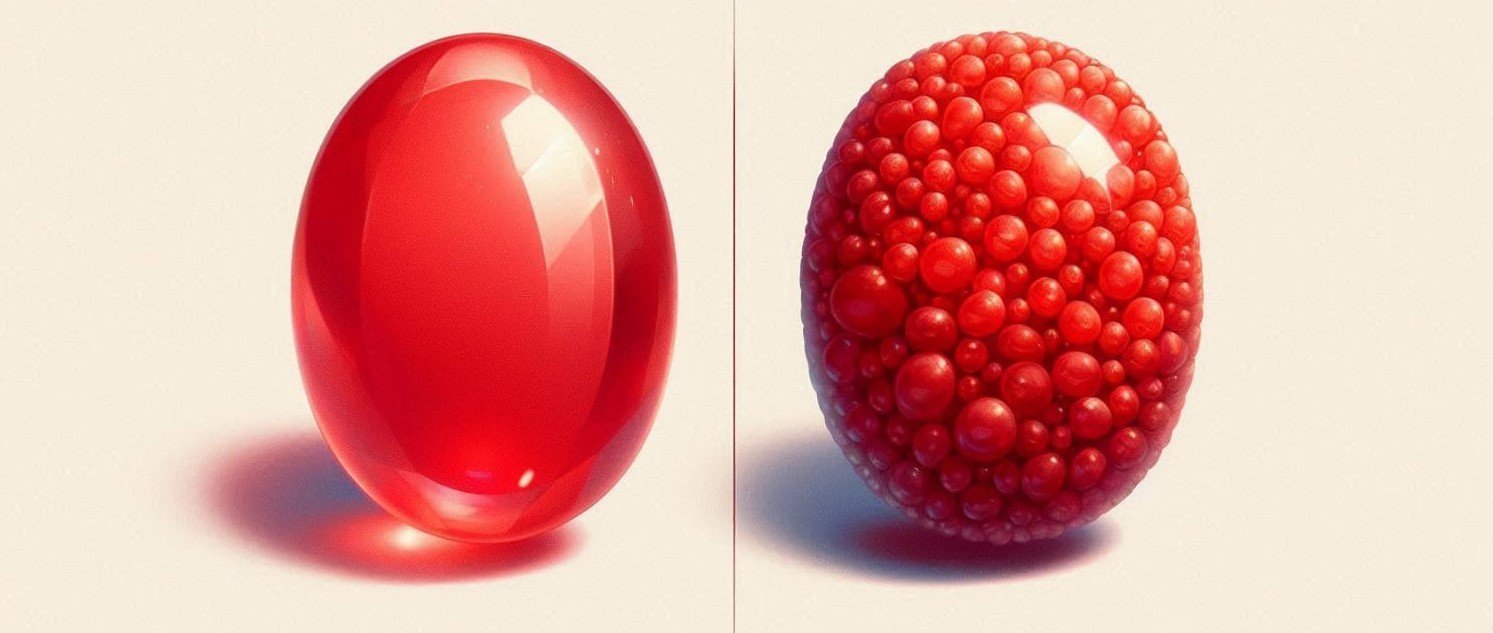In the world of gemstones, coral stands as a captivating anomaly—an organic gem born from the depths of the sea. Coral is an oceanic wonder, and mainly its two varieties have captured hearts: Japanese and Italian coral. In this fantastic blog, we will describe the elements that distinguish them from each other.
Composition:
Italian and Japanese corals both share the same calcium carbonate foundation, which is essentially a blend of limestone and carbon dioxide. However, beneath the surface, their chemical compositions reveal subtle disparities. Italian coral leans heavily towards calcite, whereas Japanese coral boasts a predilection for aragonite. This hidden chemistry plays a pivotal role in determining the gem’s color and quality.
Color:
The secret of its color lies behind its chemical composition. Italian coral prefers the embrace of calcite, while Japanese coral prefers aragonite. Italian coral is known for its deep red or reddish-orange color, which is highly sought after in the jewelry industry. Japanese coral typically has a pinkish to pale red color and may not have the same intense red hue as Italian coral.
Rarity:
In the realm of rarity, Japanese coral reigns supreme. Its scarcity arises from its limited habitat in the Pacific Ocean, which stands in stark contrast to the widespread presence of Italian coral in the Mediterranean Sea. The lack of weight in carving Japanese coral and the continuous decrease in its storage are the main reasons for its price increase.
Price:
Italian coral is the best quality coral in the world, particularly the finest quality and larger pieces tend to command a higher price in the market. In contrast, the value of Japanese coral is higher due to its rarity. Japanese coral is generally less expensive than Italian coral. Still, the value of both keeps increasing and decreasing according to the demand in the market.
Conclusion:
The choice between Japanese and Italian Coral primarily depends on your budget and choice of color. Both types of coral give similar astrological benefits, and there is no significant difference between them in astrology. Therefore, you can select the coral that comfortably fits within your budget.

 Blue Sapphire – Neelam
Blue Sapphire – Neelam Yellow Sapphire – Pukhraj
Yellow Sapphire – Pukhraj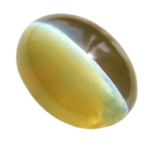 Cats Eye – Lehsunia
Cats Eye – Lehsunia Gomed – Hessonite Garnet
Gomed – Hessonite Garnet Manik – Ruby
Manik – Ruby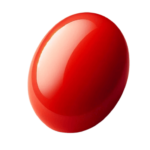 Moonga – Coral
Moonga – Coral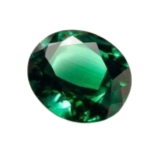 Panna – Emerald
Panna – Emerald Pearl – Moti
Pearl – Moti Citrine – Sunela
Citrine – Sunela Iolite – Kakaneeli
Iolite – Kakaneeli Natural Zircon
Natural Zircon Opal – Doodhiya Pathar
Opal – Doodhiya Pathar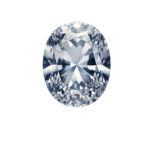 White Sapphire (Safed Pukhraj)
White Sapphire (Safed Pukhraj)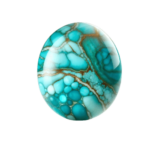 Turquoise – Firoja
Turquoise – Firoja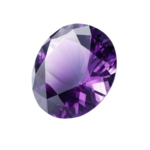 Amethyst – Katela
Amethyst – Katela Rudraksha
Rudraksha Sphatik
Sphatik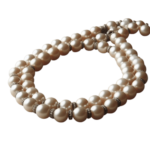 Pearl Mala
Pearl Mala